CORHOLOA
The role of the microbiome in sustaining deep-sea coral holobiont’s health and resilience in a changing ocean
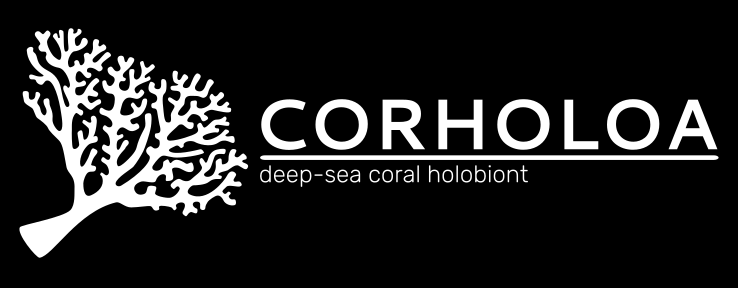
EXPL/CTA-AMB/1294/2021
01/01/2022 to 31/12/2023
Fundação para a Ciência e a Tecnologia
Summary
The role of the microbiome in sustaining deep-sea coral holobiont’s health and resilience in a changing ocean
Ocean acidification (OA) will likely alter the bacterial community structure, disturb symbiotic relationships, and render the coral holobiont (the ecological unit formed by the coral and its associated microbiome) less resilient to disease. In the Azores region, the physiological responses of CWCs to different anthropogenic stressors have been studied using aquaria-based approaches at DeepSeaLab (Okeanos-UAç). Still, little is known about the effects of these stressors on the coral microbiome and how this modulates the physiological responses of corals. The CORHOLOA project aims to elucidate the roles of the microbes associated with two habitat forming octocorals in the Azores - Dentomuricea aff. meteor and Viminella flagellum - and their dynamic under scenarios of climate change and human pressures (ocean acidification and deep-sea mining). A DNA metagenomic approach was employed to examine the bacterial community structure associated with these two gorgonians, and further compared with the microbiome associated with the black coral Antipathella wollastonii and the scleractinian Eguchipsammia cornucopia.
Predicted changes in seawater chemistry resulting from climate change will affect all marine life, including the microbial dynamics and biogeochemical cycling in the ocean. In deep-sea ecosystems, cold-water corals (CWC) are bioengineer species considered vulnerable to such threats. Due to their heterotrophic feeding, broadly limited in nitrogen and carbon supply, these organisms rely on their microbial consortium to ensure their nutrition and health.
Our Team's role
We lead the CORHOLOA project, all packages.
Collaborators
Main results
CWCs were sampled in situ, after aquaria acclimatization, under experimental conditions simulating an ocean acidification scenario predicted for 2100 (IPCC8.5; pCO2=1,000 atm), and toxic sediment plumes expected from mining of seafloor massive sulphide deposits from an inactive hydrothermal vent field in the Azores. Our first analyses showed that different coral taxa host distinct bacterial communities, and that the coral microbiomes undergo compositional changes after the transition to the aquaria and under OA conditions. Alpha diversity indexes presented a higher microbial diversity after the transition to the aquaria, which become generally higher with the time of captivity and after induced stresses (ocean acidification and deep-sea mining).
The microbiomes associated with the studied CWC species shifted after aquarium acclimatization, as some opportunistic bacteria may occupy the ecological niches released by certain native bacterial taxa. As expected, the microbial communities varied significantly from the surrounding seawater.
CORHOLOA Gallery
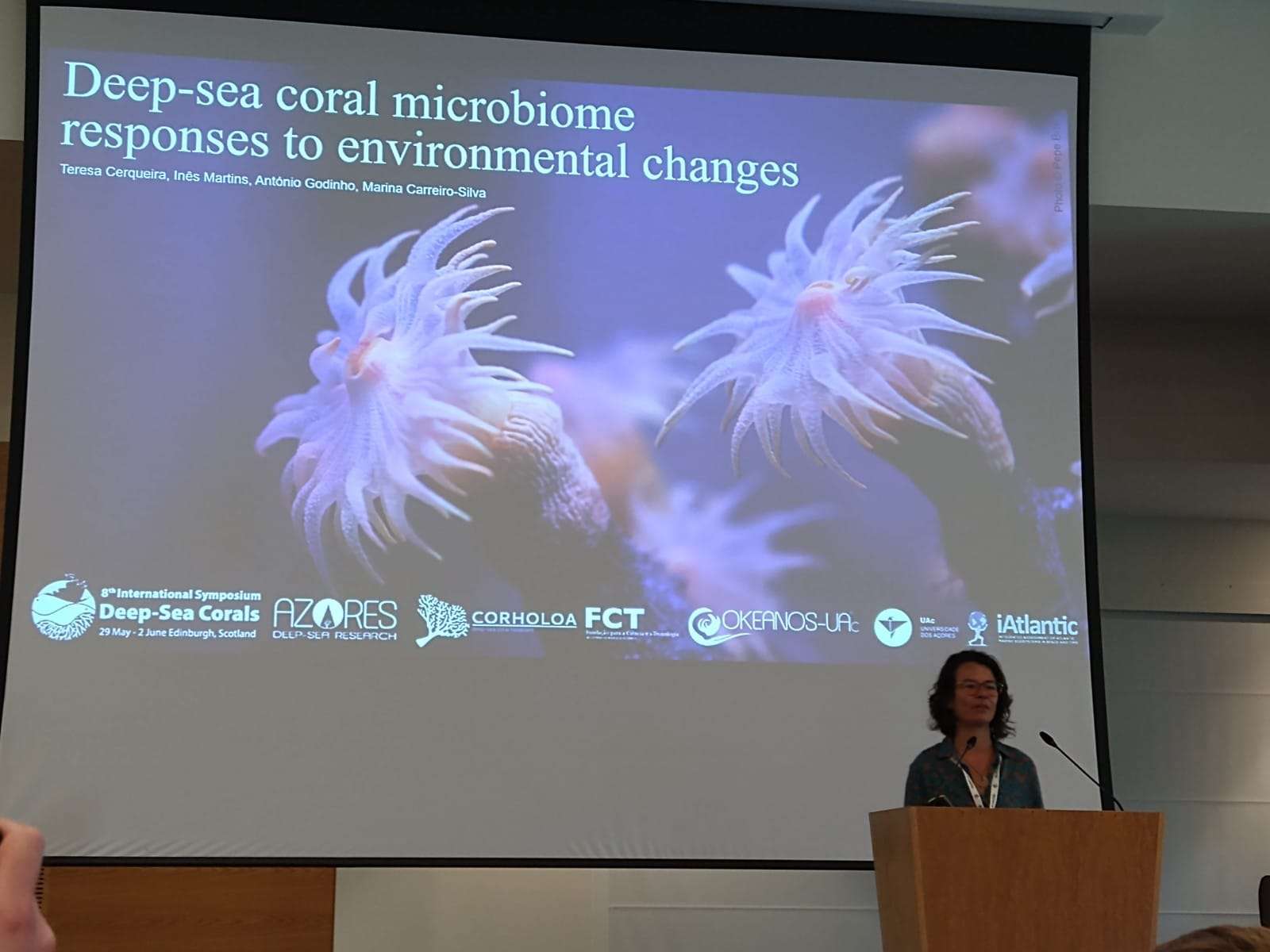
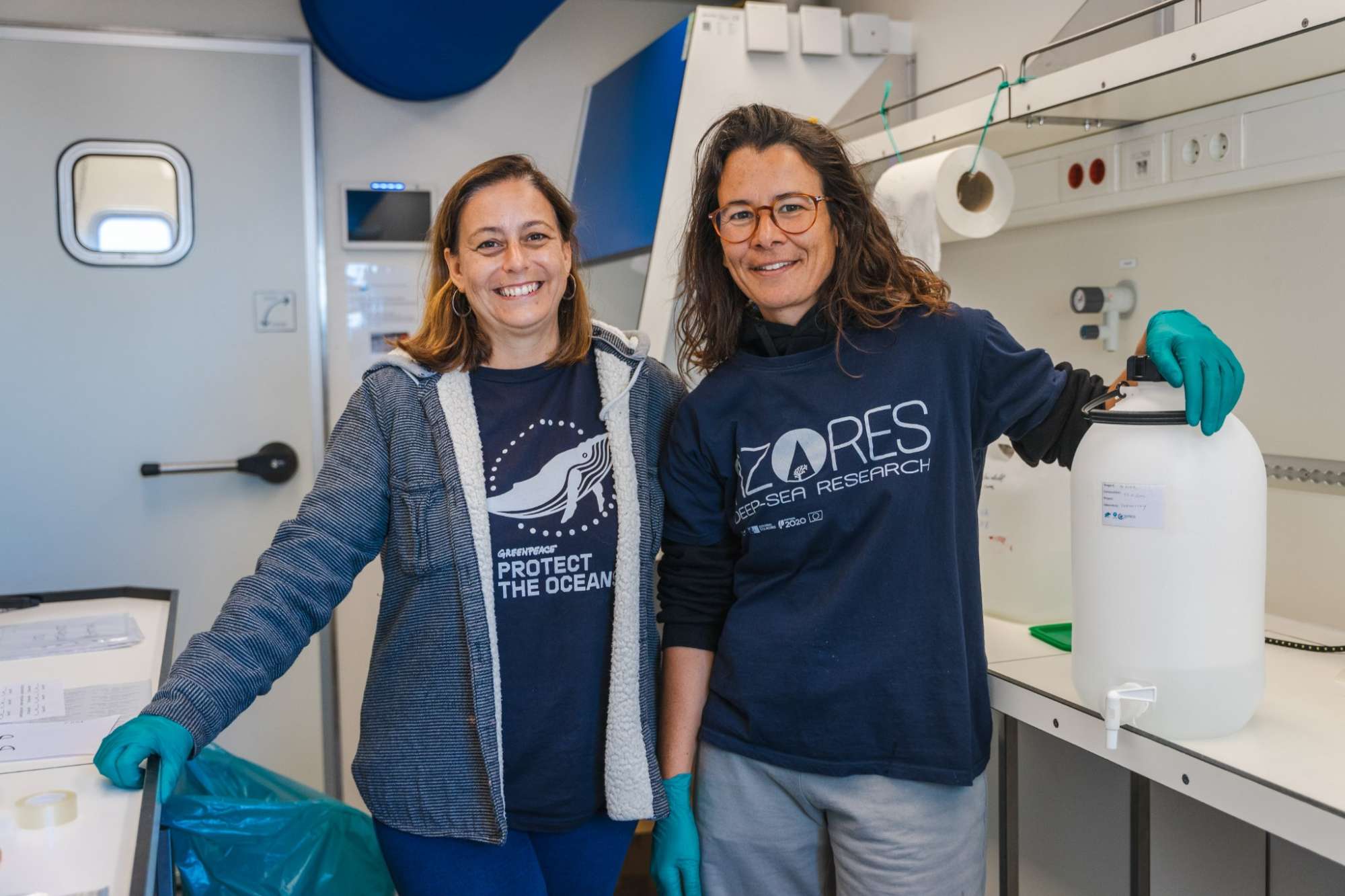
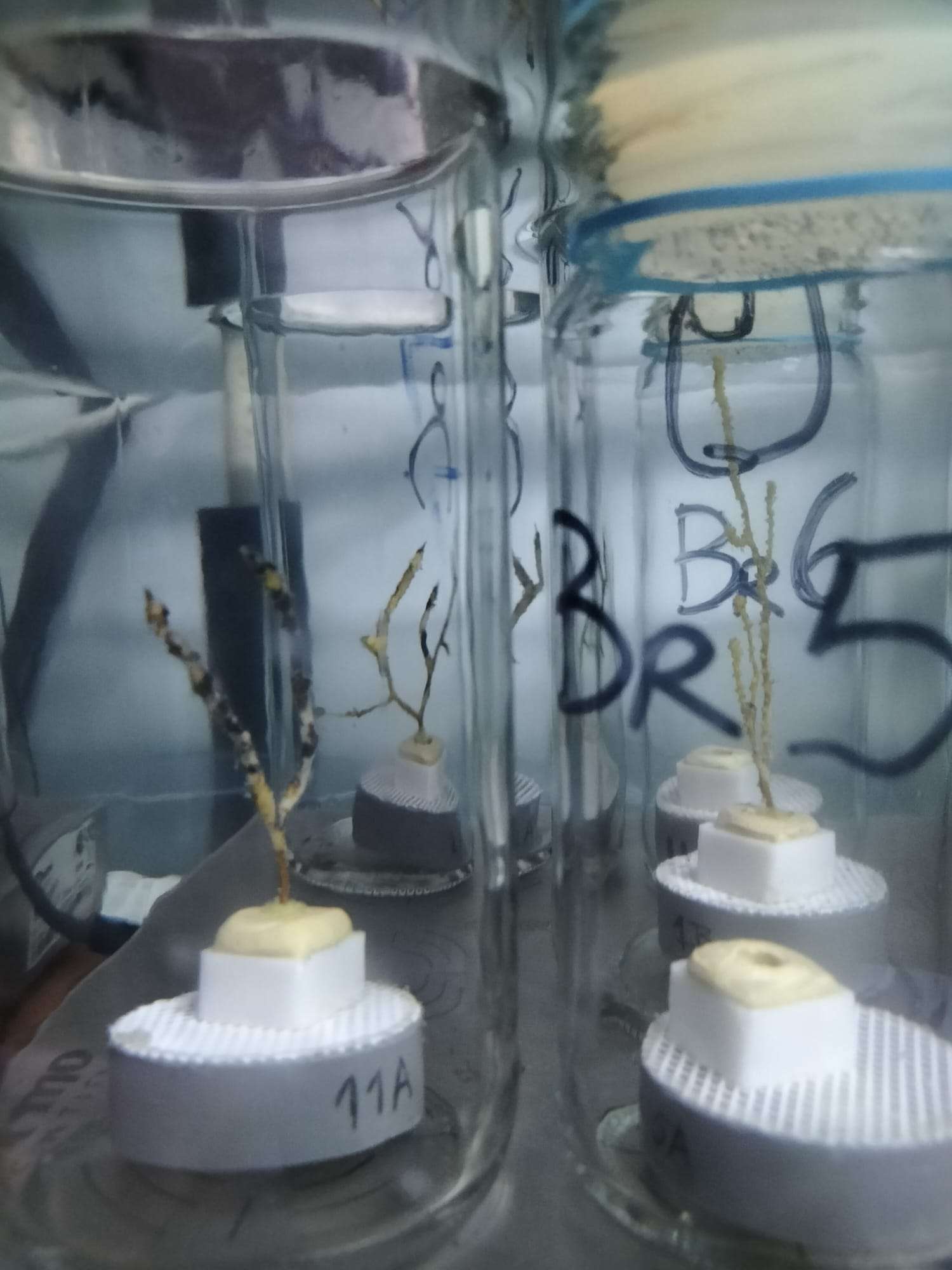
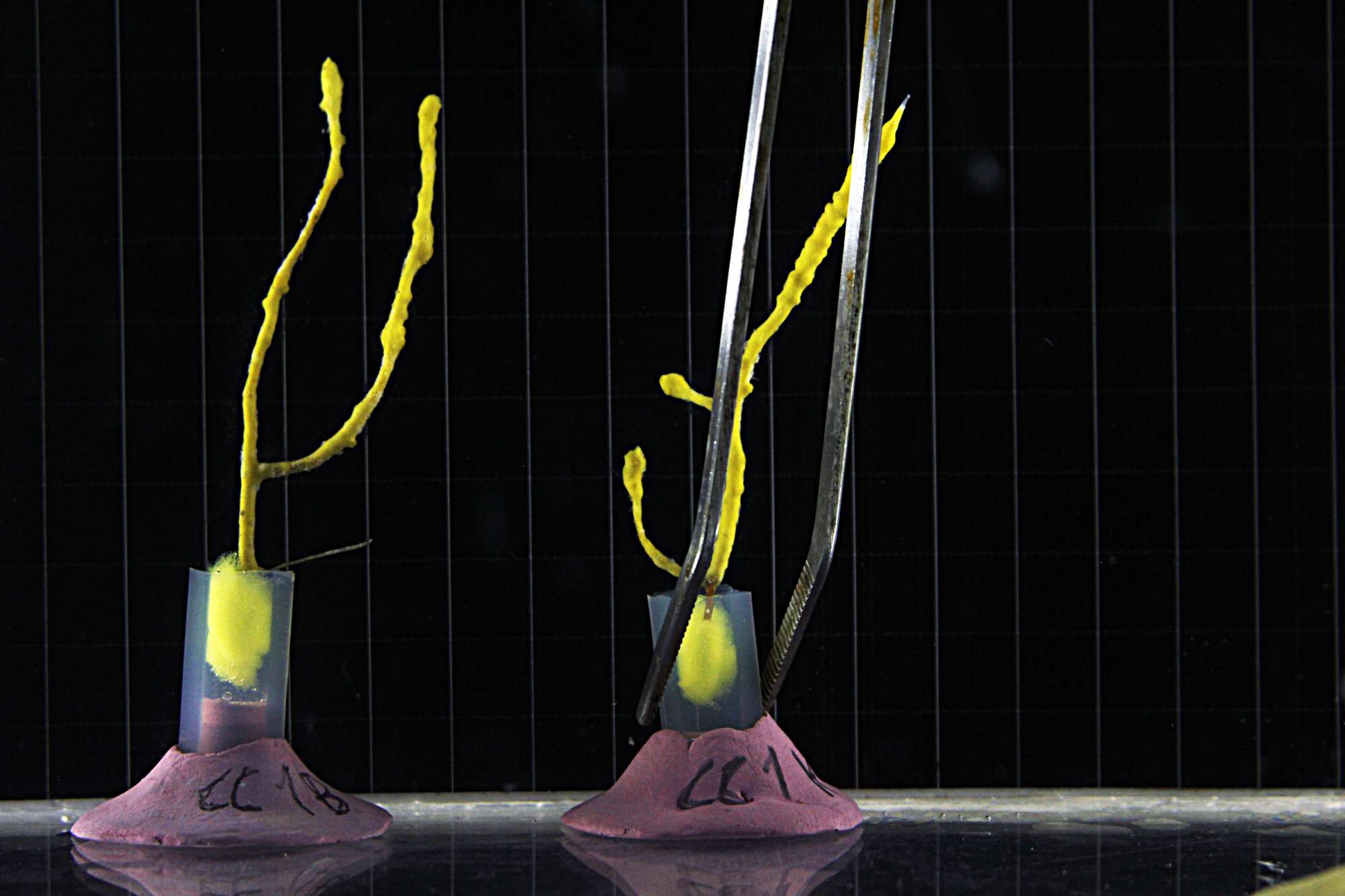
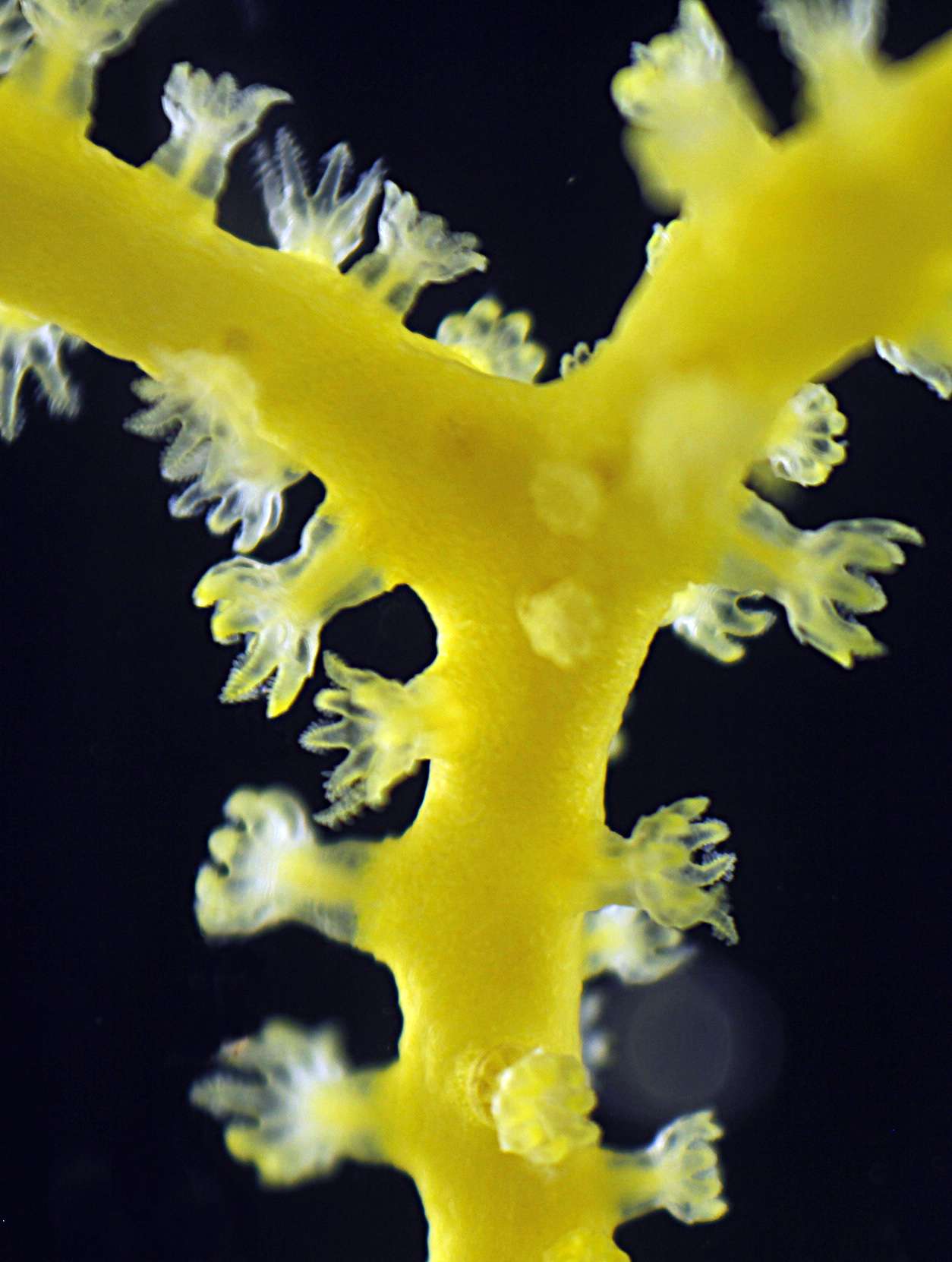
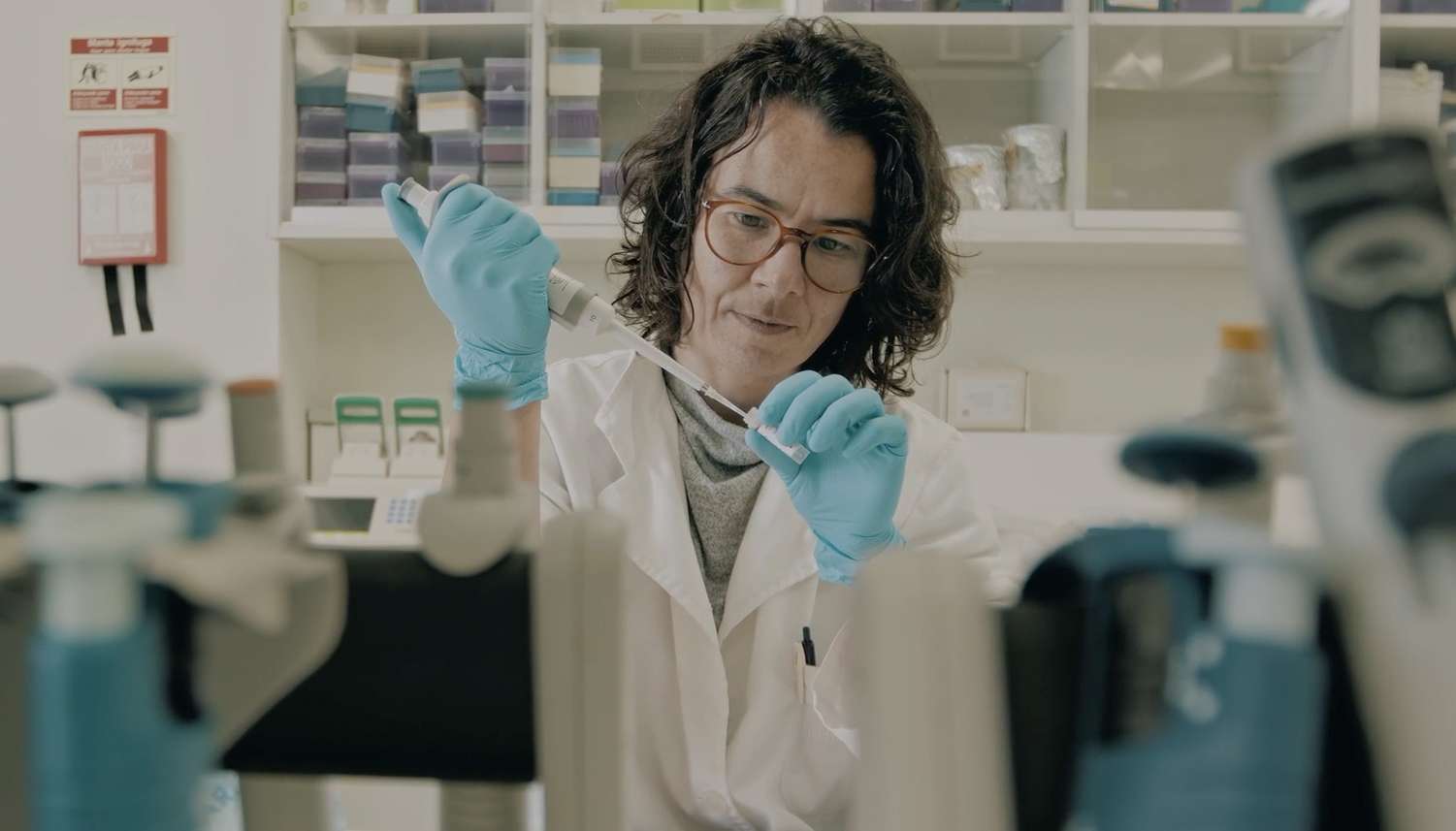
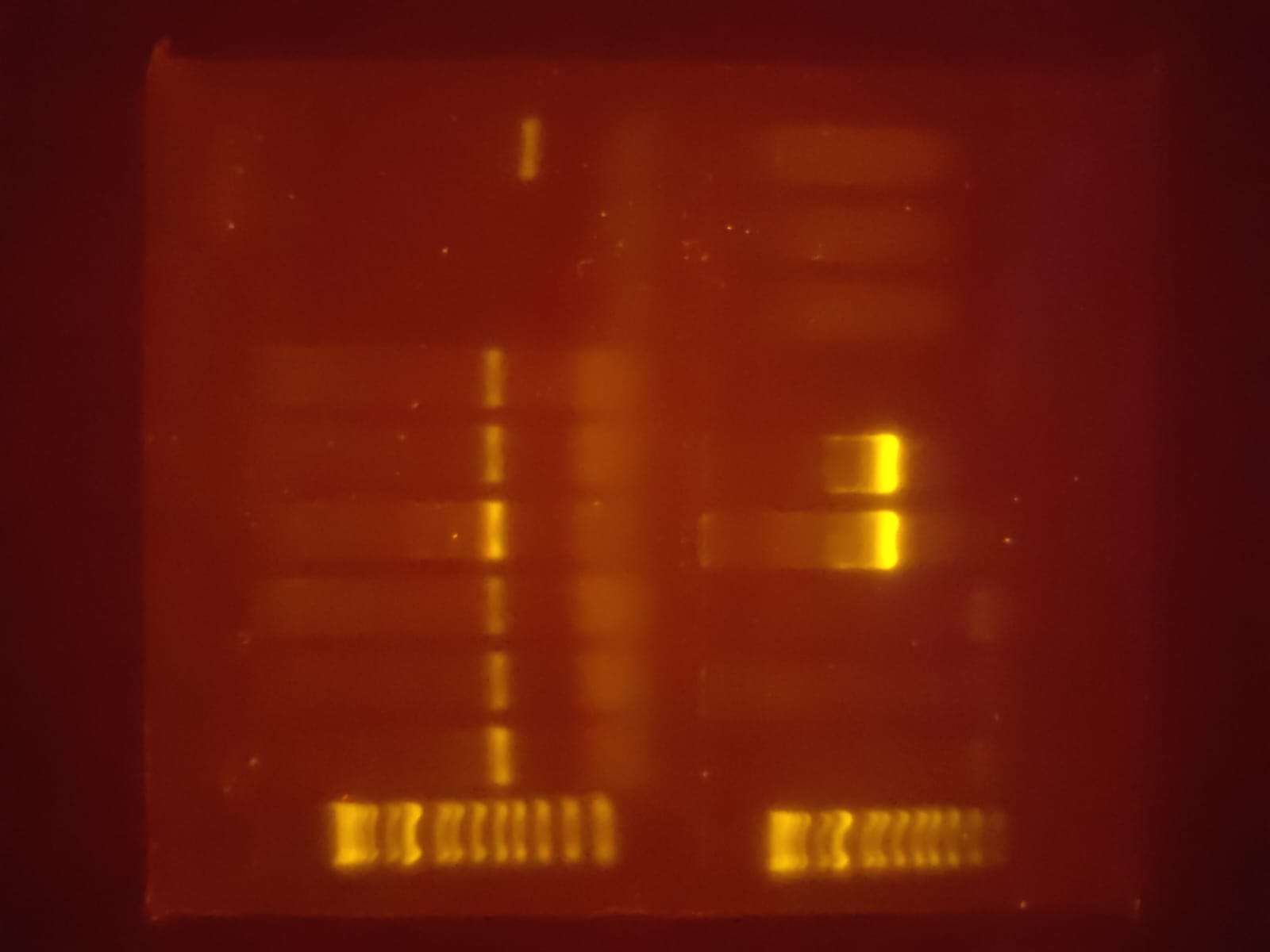
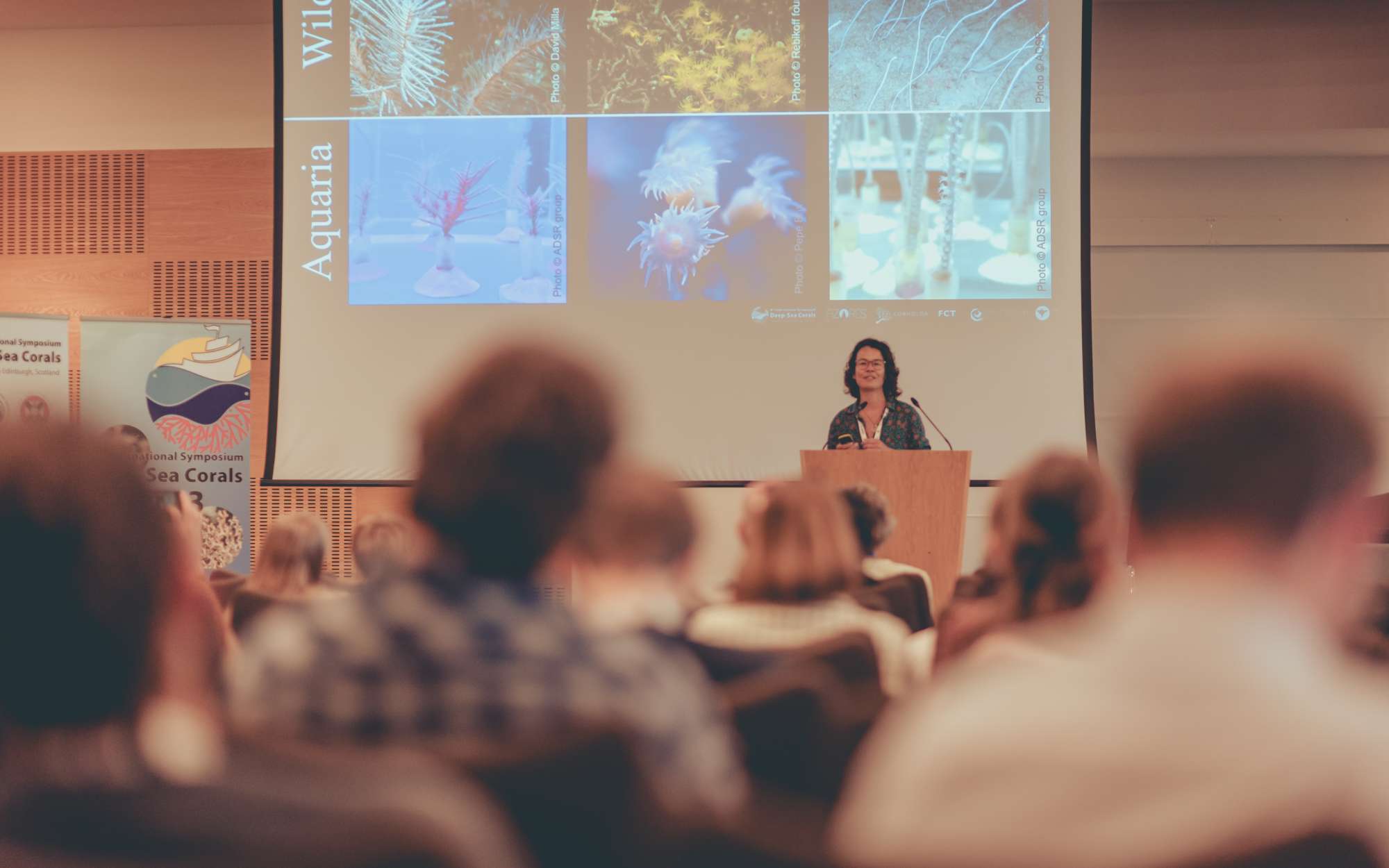
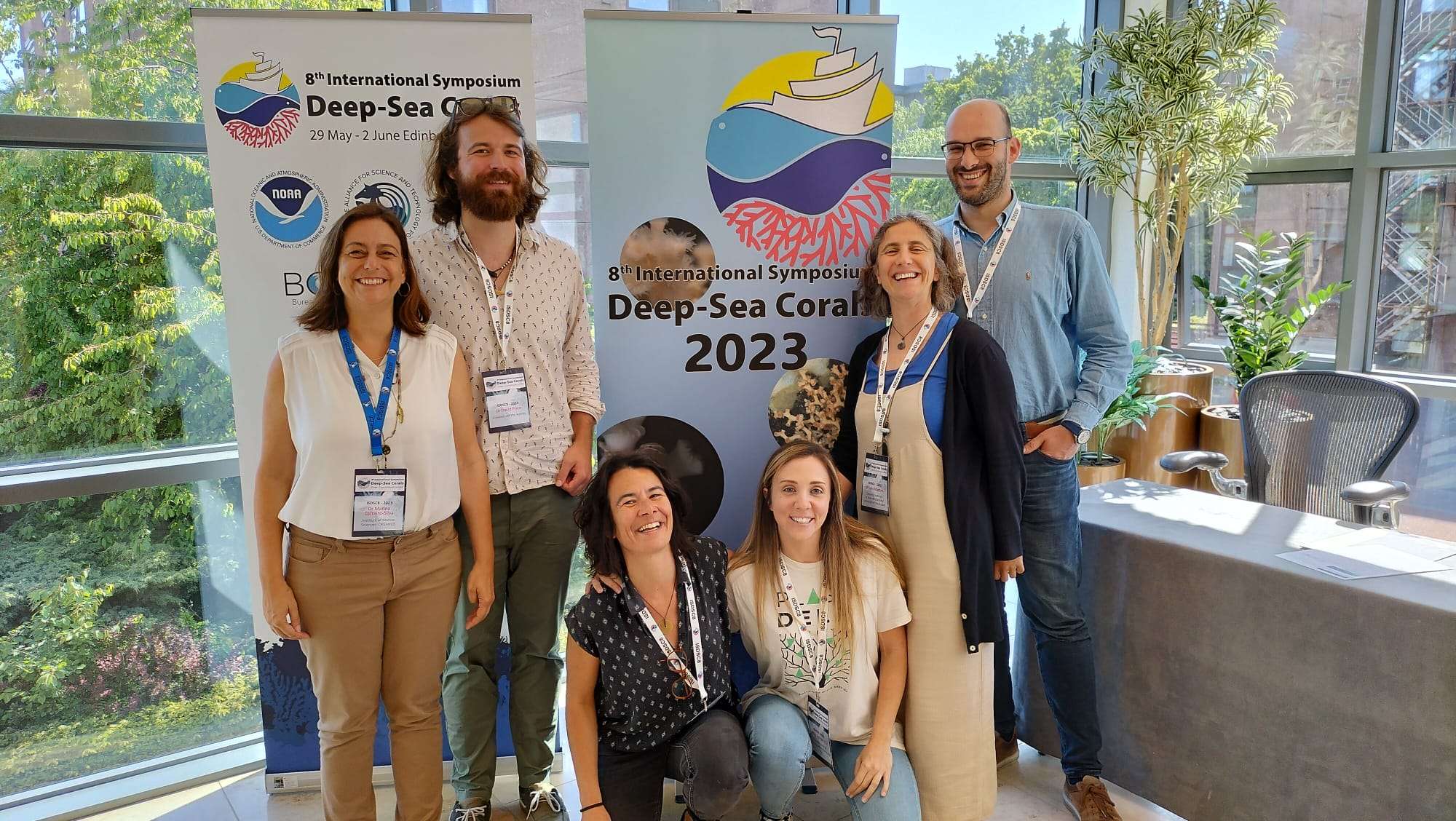
Location
Departamento de Oceanografia e Pescas — Universidade dos Açores
Rua Prof. Doutor Frederico Machado, No. 4
9901-862 Horta, Portugal
Contact
Email: azoresdeepsea@gmail.com
AZORES DEEP-SEA RESEARCH © 2020-2025 — RELEASE 2.0.3
 VALTER MEDEIROS
VALTER MEDEIROS